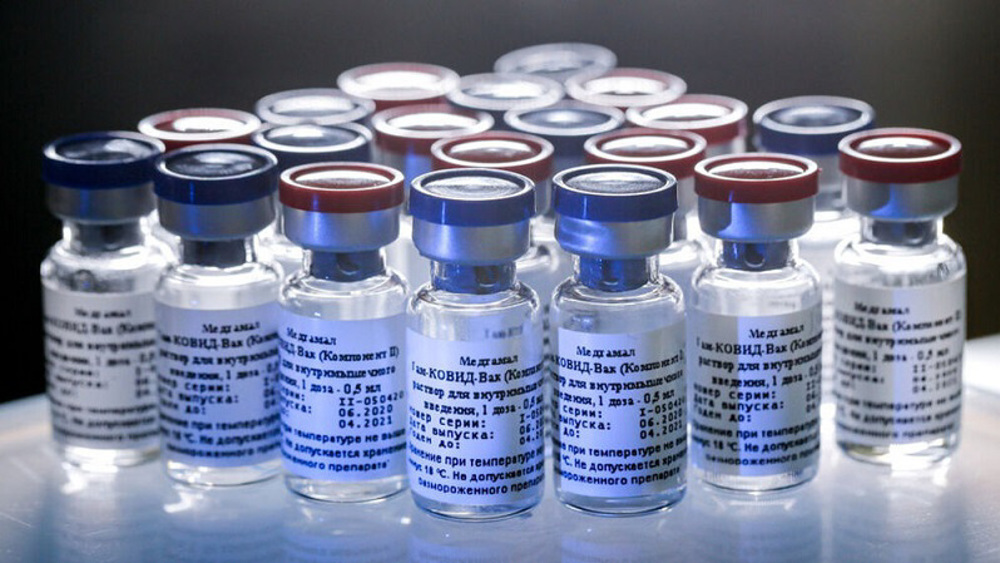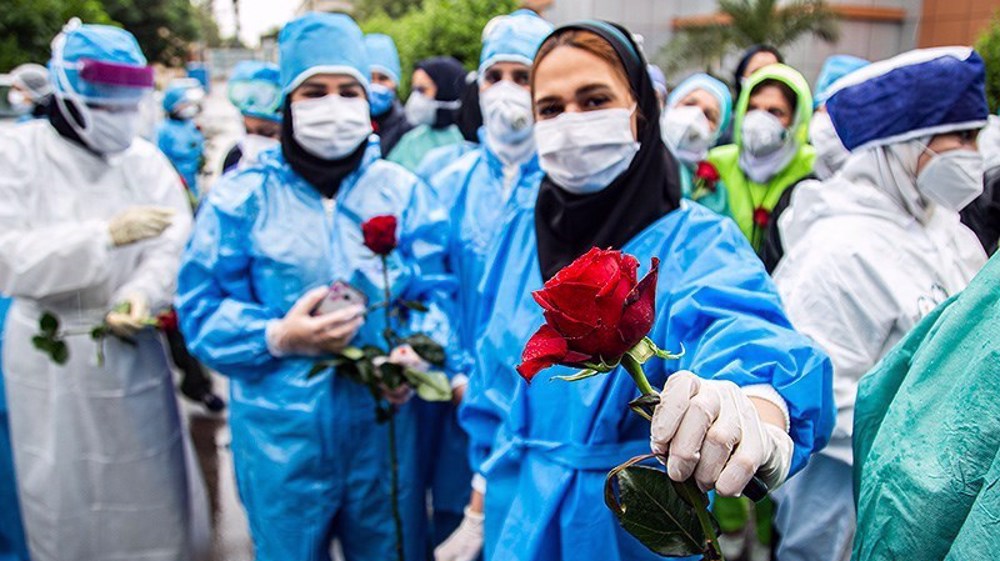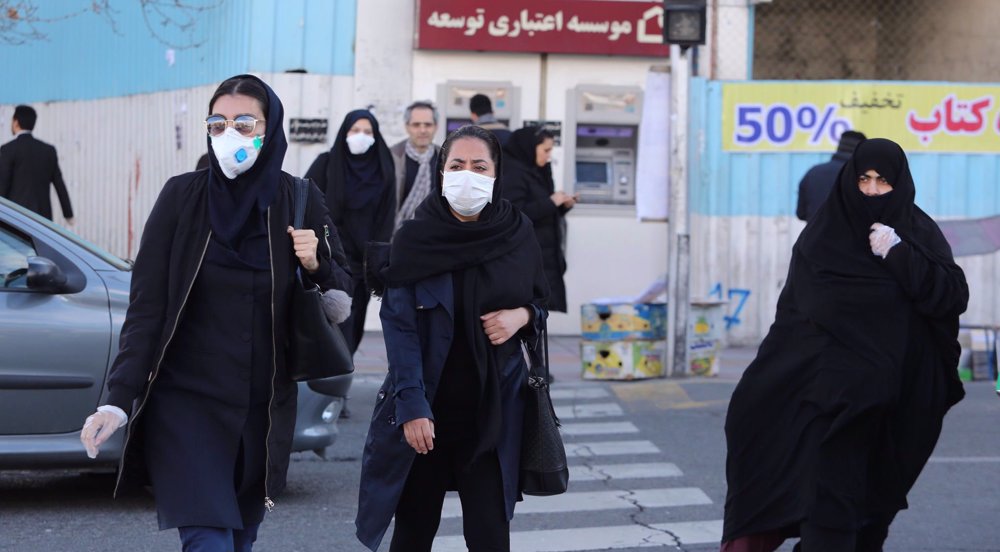Iran unveils second homegrown COVID-19 vaccine
Iran has launched the first phase in the human trial of its second COVID-19 vaccine developed by the Razi Vaccine and Serum Research Institute.
The vaccine, Razi COV-Pars, was unveiled during a ceremony in Tehran on Sunday, with Health Minister Saeed Namaki, Agriculture Minister Kazem Khavazi and Vice President for Science and Technology Sourena Sattari in attendance.
Razi COV-Pars, administered via injection and inhalation, is an mRNA recombinant vaccine that reconstructs a harmless piece of the virus’ spike protein.
A total of 133 volunteers would receive two shots 21 days apart in the first clinical trial of the vaccine. On Day 51, the booster (inhaler) is administered in the form of an intranasal spray.
Speaking at the ceremony, Khavazi said the vaccine was first tested on 500 animals, including pigs, hamsters and monkeys.
Sattari also hailed the achievements that the Islamic Republic has made in recent years in the field of vaccine production.
“Today, the country has the ability to produce all three types of the coronavirus vaccines, including those with the technology of weakened virus, inactivated virus and mRNA.”
Namaki described Razi COV-Pars as one of the safest vaccines with very few side effects, saying it will stop the recipient from transmitting the virus to others.
"This vaccine stimulates the immune system with the least side effects and makes the person safe.”
Namaki said Iran will soon become one of the major hubs for the production of coronavirus vaccines in the world.
Iran’s first COVID-19 vaccine, named Coviran Barekat, was produced by experts at the Headquarters for Executing the Order of Imam Khomeini.
It went into human trial last December after successfully completing the initial phases and obtaining necessary approvals.
Referring to the Coviran Barekat vaccine, the health minister said the first phase of its clinical trial will be completed soon and the second phase will begin right away.
He also explained that Iran has taken three approaches to obtaining COVID-19 vaccines, namely the production of domestic vaccines, the transfer of technology from friendly countries such as Russia and Cuba, and the import of vaccines from reliable sources.
“The inoculation with the Russian vaccine [Sputnik V] will start on Tuesday. In the first stage, it will be administered to frontline health workers and ICU staff, and then to other medical personnel as well as those in nursing homes and over 65,” Namaki said.
Iran has been fighting the deadliest pandemic the world has seen in many decades amid the illegal US sanctions that have seriously hampered efforts to stem the outbreak.
So far, 1,459,370 Iranians have been infected with COVID-19. The virus has killed 58,412 people, while 1,247,374 have recovered.

COVID 19 misinformation on Iran

Cowardly sanctions failed: Iran celebrates ‘zero’ COVID-19 deaths

Spirited Fight: Iran's latest COVID-19 map has no red, orange zones
UN: US strikes in Yemen pose growing risk to civilians
VIDEO | Iran economic diplomacy
Iran mulls buying oil from Azerbaijan amid warming ties: Report
Israeli settlers storm al-Aqsa Mosque amid intensified West Bank raids
Canadians take to the polls as Trump renews US takeover push
Israel uses new 'Bar' guided rockets in Gaza genocide as death toll surges
Iran condemns deadly US attacks on Yemen as ‘war crime’, blasts international silence
Hague court upholds verdict favoring Iranian banks in Bahrain case













 This makes it easy to access the Press TV website
This makes it easy to access the Press TV website